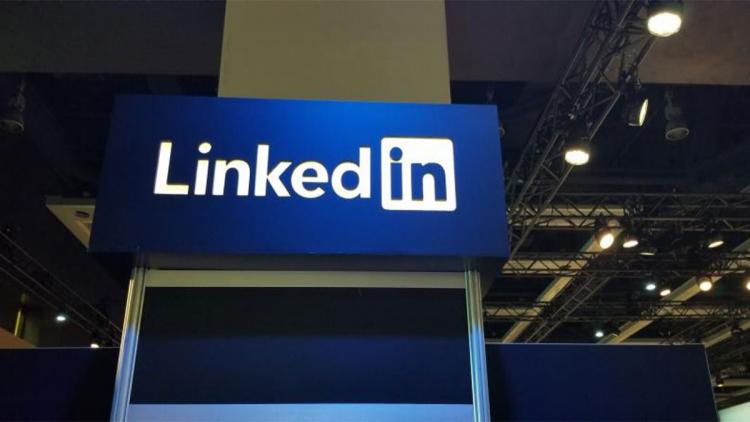New research from the University of Edinburgh suggests that using professional social networking sites, such as LinkedIn, with over 930 million users globally, may contribute to feelings of imposter syndrome, leading to self-doubt, anxiety, and depressive thoughts. The study, based on a survey of 506 LinkedIn users and published in the journal Psychology and Marketing, revealed a link between interacting with the platform and experiencing imposter syndrome—an overwhelming feeling of inadequacy despite evidence of success. Both browsing others' posts and sharing personal achievements on LinkedIn were associated with a lack of professional confidence and triggered imposter thoughts, according to Dr. Ben Marder from the university's Business School. The findings highlight a potential downside of social media, impacting well-being by fostering self-comparisons and perceived judgments from others. Despite the platform's benefits in career advancement, the study underscores the importance of recognizing and addressing the negative psychological effects of professional social networking sites.
Key Points:
1. Research from the University of Edinburgh suggests that the use of professional social networking sites, particularly LinkedIn, with over 930 million users worldwide, can lead to feelings of self-doubt.
2. The study reveals that imposter syndrome, coupled with the fear of being exposed as a fraud, is associated with increased anxiety and depressive thoughts among LinkedIn users.
3. The survey, published in the journal Psychology and Marketing, involved 506 LinkedIn users, educated to at least Bachelor's degree level, with an average age of 36.
4. Interacting with LinkedIn, both by browsing others' posts and posting personal achievements, was linked to experiences of imposter syndrome and a lack of professional confidence.
5. Reading others' posts had a small but significant association with imposter syndrome, and posting personal achievements on LinkedIn showed a significant association with imposter syndrome.
6. The study highlights the negative well-being effects of social media, not only due to comparisons with others but also because users believe that others perceive them more positively than they perceive themselves.
7. While professional networking sites offer career opportunities and connections, the study underscores the unwelcome side effect of triggering imposter syndrome.
8. The findings suggest that understanding the prevalence of imposter syndrome among professionals can be valuable for supporting staff development schemes and may help reduce negative emotions associated with the phenomenon.
9. The research emphasizes the need for awareness and strategies to address the psychological impact of social media use in professional settings.
10. Acknowledging that imposter syndrome is common may contribute to a supportive work environment where employees can share experiences and alleviate negative emotions.
(With Agency Inputs)
Read also| LinkedIn working on AI assistant 'Coach': Report
Read also| LinkedIn bets big on AI to help recruiters find suitable candidates


















